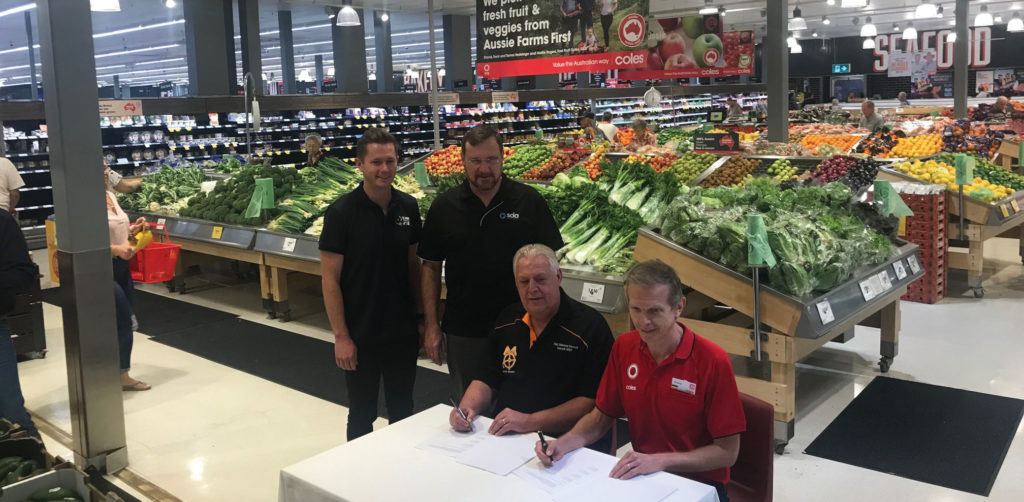ENFORCING OUR AGREEMENTS IN MAJORS
After a huge year in 2021 fighting for job security and achieving industry first 15% super, in majors we turned this year to enforcing agreements. Members have been involved in training and we’ve been holding companies to account on commitments they made, especially:
- Passing on wage and super increases, including CPI increases
- Enhanced TWU induction rights to keep building our density and power
- Auditing of outside hire and ensuring compliance
- Consultation and dispute resolution rights
With bargaining to commence again in 2023 for several of the majors, it is crucial that we continue to stand together as we did so successfully in 2021.
RAMPING UP IN RETAIL
As we build to our next industry push in 2026, solidifying our union power in companies with key retail contracts is essential. In 2022, we’ve been building our membership in these companies, improving our delegate structures and making sure we’re ready to fight for same job, same pay and better conditions across the industry.

Pictured: Richard Olsen, TWU NSW / QLD State Secretary signing a memorandum of understanding with Coles management renewing the Coles Ethical Retail Supply Chain Accord. All parties to the Accord are committed to ending all forms of worker exploitation in the retail supply chain, from farms to consumers’ front gates, and every step in between.
CHARTERS SIGNED WITH GIG GIANTS
In 2022 we’ve made massive strides in the gig economy off the back of strong efforts from gig workers, and have now signed charters with Doordash and Uber to pursue minimum standards and modernise our outdated laws. This is huge for gig workers who have faced rampant exploitation for far too long, and we’ll be working further with these companies to ensure fair and safe work in the gig economy.
WINS FOR OWNER DRIVERS
With sky-rocketing fuel prices causing financial stress to many owner drivers already with tight margins, the TWU has been hard at work to ensure a fairer system. We made sure that the Fuel Tax Credits system, effectively abolished by the Morrison government, was brought back in when the fuel excise returned in full.
The sharp, unprecedented rise in diesel fuel costs has seen Owner Drivers in the transport industry face a living financial hell. The cost of simply doing the job to carry freight is getting higher. Transurban toll road costs are on the rise, insurance costs continue to rise and now fuel costs are breaking small business operators across the transport industry.
The TWU successfully filed a claim in the NSW Industrial Relations Commission for an increase to the rates paid under the General Carriers Contract Determination in NSW. The order from the IRC provides some relief to Owner-Drivers in terms of their cost recovery for doing the job of carrying freight for their clients.
State Secretary Richard Olsen said, “The TWU took this action in the IRC to protect small businesses in the transport industry, the Owner-Drivers.”